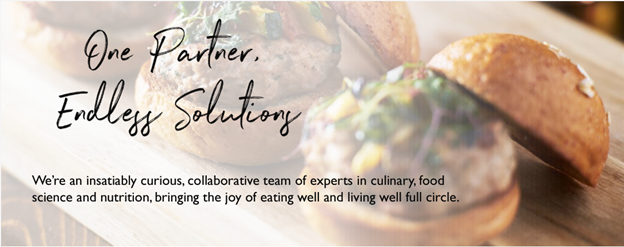Businesses today face a new challenge: how to remain trusted and authentic in the eyes of consumers. According to Edelman’s trust barometer, businesses and corporations have become the most trusted institution since 2020 compared to media, government, and non-governmental organizations. To maintain this trust, businesses must align with the consumer demand for transparency and authenticity. This is particularly true among Gen Z and millennial consumers who want companies to align with their values, address social issues and advocate against injustices, such as xenophobia and racism.
The changing perception of monosodium glutamate (MSG) teaches us about the power of authenticity and transparency. The ingredient has a controversial history rooted in faulty science and anti-Asian xenophobia. We believe that sharing this history, in the context of the solid scientific evidence supporting its safety, changes people’s minds. This transformation is most notable among the younger cohorts who look for brands to deliver on this type of authenticity. In fact, most consumers believe Chinese and other Asian cuisine restaurants have been unfairly targeted for their use of MSG and would boycott a company that reinforces negative cultural stereotypes in its ads.

Unfortunately, some manufacturers and retailers ban the use of MSG through their arbitrary and non-science-based “no-no lists”. Not only are consumers largely unaware of these lists, but they expect such bans to be based on facts and government safety regulations. In fact, research shows consumers believe that when not based on facts, such lists can do more harm than good and they are less likely to purchase from places that hold these lists.
By educating consumers and debunking the myths and stereotypes associated with MSG, businesses can demonstrate their commitment to transparency and authenticity, and gain the trust and loyalty of consumers who expect them to be the voice of change.
Learn more about how MSG inspires authenticity by downloading the report.


